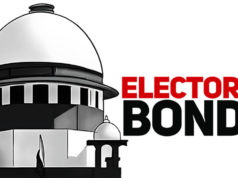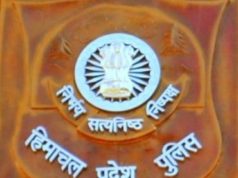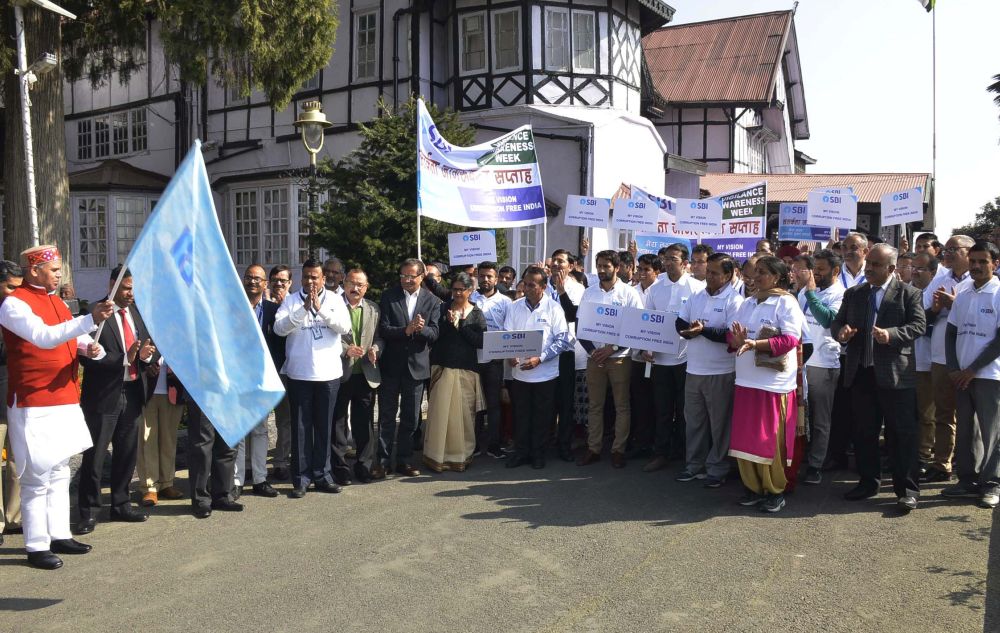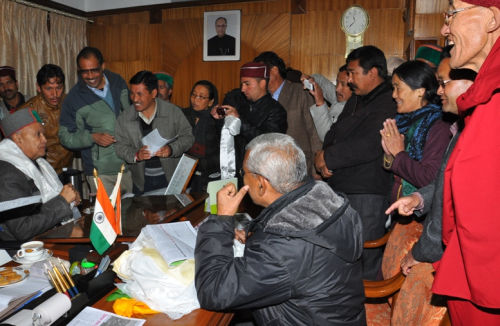In a significant disclosure made to the Supreme Court, the State Bank of India (SBI) revealed that a total of 22,217 electoral bonds were purchased between April 1, 2019, and February 15, 2024. The bank also stated that 22,030 of these bonds were redeemed by political parties during the same period.
In an affidavit submitted to the apex court on Wednesday, SBI Chairman Dinesh Kumar Khara confirmed compliance with the court’s directive. The bank provided comprehensive details regarding the electoral bonds, including the date of purchase, the names of purchasers, and the denominations of the bonds acquired.
Moreover, SBI disclosed information regarding the date of encashment of the electoral bonds, along with the names of political parties receiving contributions and the denominations of the bonds involved.
This disclosure follows a ruling by a five-judge Constitution bench, led by Chief Justice DY Chandrachud, on March 11. The bench dismissed SBI’s plea for an extension of time and instructed the bank to furnish the details of electoral bonds to the Election Commission of India (ECI) by the close of business on March 12.
Furthermore, the Supreme Court mandated the ECI to publish the information provided by SBI on its official website by 5 pm on March 15.
The backdrop to this development lies in a landmark verdict delivered on February 15, where a separate five-judge Constitution bench invalidated the Centre’s electoral bonds scheme. The scheme, which facilitated anonymous political funding, was deemed “unconstitutional” by the court. The bench directed the ECI to disclose donors’ identities, the amounts donated, and the recipients by March 13.
This disclosure of electoral bond transactions marks a significant step towards transparency in political funding, as mandated by the judiciary. The data provided by SBI will offer crucial insights into the financial dynamics of political parties, thereby fostering greater accountability and integrity in the electoral process.









